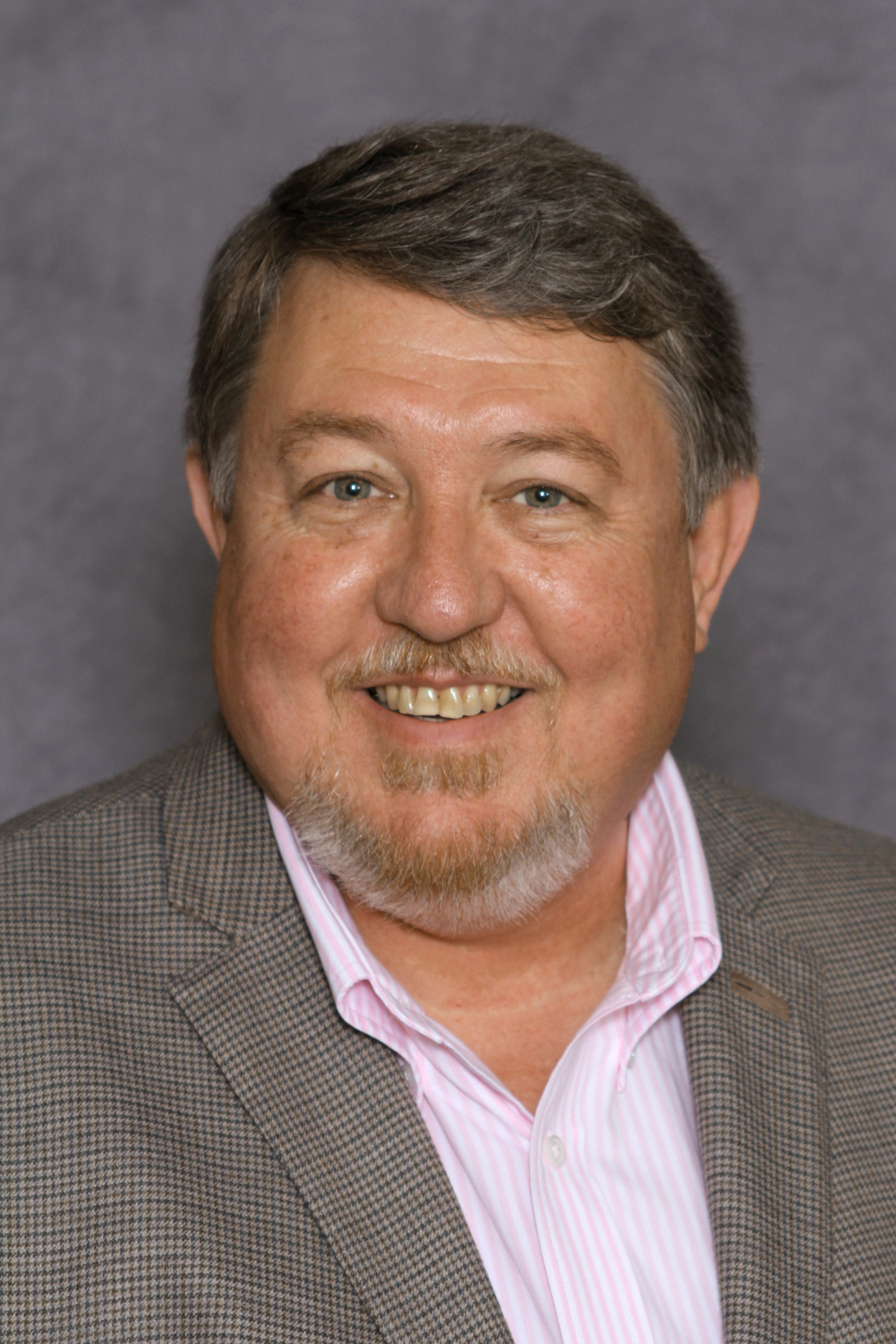
Let us make disciples: Rev. Randy Cross

The mission of The United Methodist Church is based on Matthew 19:18 “Go therefore and make disciples for the transformation of the world.” United Methodists from around the world gathered in St. Louis to worship, pray, and consider legislation about the language in the Book of Discipline related to homosexuality.
After four days where are we? The body heard a report from A Commission on A Way Forward—a body formed at the request of the Council of Bishops. The 23 members of the COWF met for 18 months and presented three plans to the Council of Bishops to consider about how the denomination could move forward and remain in unity. The Council of Bishops recommended the One Church Plan but, forwarded all three plans—Connectional Church Plan, One Church Plan, Traditional Plan— to the special session of General Conference 2019.
Meeting four days in St. Louis, 864 delegates considered 78 petitions related to the three plans, two additional plans—the Simple Plan and the Uniting Plan, and matters related to dissolution from the denomination—pensions and church property. Through a legislative process, defined only for this special session of General Conference, delegates voted to consider only the Traditional Plan.
Several petitions within the Traditional Plan were found unconstitutional by the Judicial Council. In The United Methodist Church, we have an actual constitution that is the basis for our church law, and all changes to our United Methodist Discipline have to be in harmony with the fundamental law of the Constitution. The petitions in question contain three main areas of conflict. First, United Methodists, like US citizens, have the right to trial and appeal in a church court when accused of breaking church law. When it comes to a proposal for dealing with bishops who are accused, the plan offered would have had one committee that both brought charges and tried the case (in this instance, most likely the Council of Bishops). Besides the fact that the Council was not designed to be a court, there needs to be a separation of those two responsibilities.
Secondly, we function under the “principle of legality.” This means that everyone is equally bound by church law, and it forbids the selective or partial enforcement of some standards or laws above others. Rules concerning marriage and sexuality are only two of numerous standards for clergy and laity, and we aren’t allowed to just pick two standards as the litmus test for whether someone can be licensed or ordained, or consecrated.
Thirdly, all clergy – including bishops – have the constitutional right to trial by committee and an appeal. Parts of the petitions appear to remove the opportunity for appeal, or they give no place where the appeal can be brought.
It will be necessary for the General Conference to either amend the petitions to correct these issues, or to vote the entire plan down, so that the current status quo of the church remains. Otherwise, we can expect that the Judicial Council will nullify the action of the General Conference.
What does this all mean for United Methodists in the Dakotas? In part, it all depends on what the General Conference finally comes up with! The plans that would have appeared to have substantially changed the way we function as a denomination (the One Church Plan or the Connectional Church Plan) were voted down, and the Traditional Plan would further restrict the language and definition of what is acceptable concerning homosexuality in terms of marriage and credentialing of pastors.
The truth is – our mission is unchanged, no matter what happens, or actually, who remains in the church, or needs to leave. It is possible that some pastors, some laity, or even some entire congregations will not be able to live with the direction our denomination takes. However, all of us are still called, and invited to make disciples of Jesus Christ for the transformation of the world. We are all still called to love one another, to be the beloved community, and called to give ourselves away for the sake of Jesus Christ in the world.
Some have suggested that the work of the last number of years has been a distraction from our essential ministry. It’s actually important for us to continue to think and pray about what God calls us to be, and do, and who we will be as United Methodists in the world. However, the field remains ripe for the harvest – we have the lowest percentage of folks involved in a church community than has existed in more than 100 years, and our work remains, and the love of Jesus Christ remains, if we are willing to live as the followers of Christ.
Tomorrow morning, and everyday after, we need to be the church and to pledge to do what St. Richard, Bishop of Chichester wrote in the 13thcentury: “Day by day, Dear Lord of Thee, three things I pray – to see Thee more clearly, to love Thee more dearly, to follow Thee more nearly day by day.” We have so much more to do – let us pray for the faith to do so.